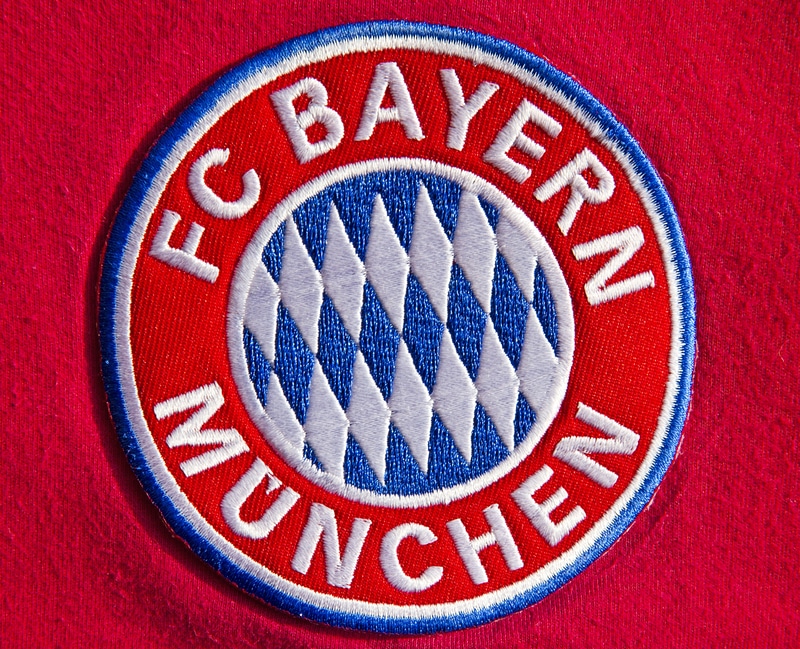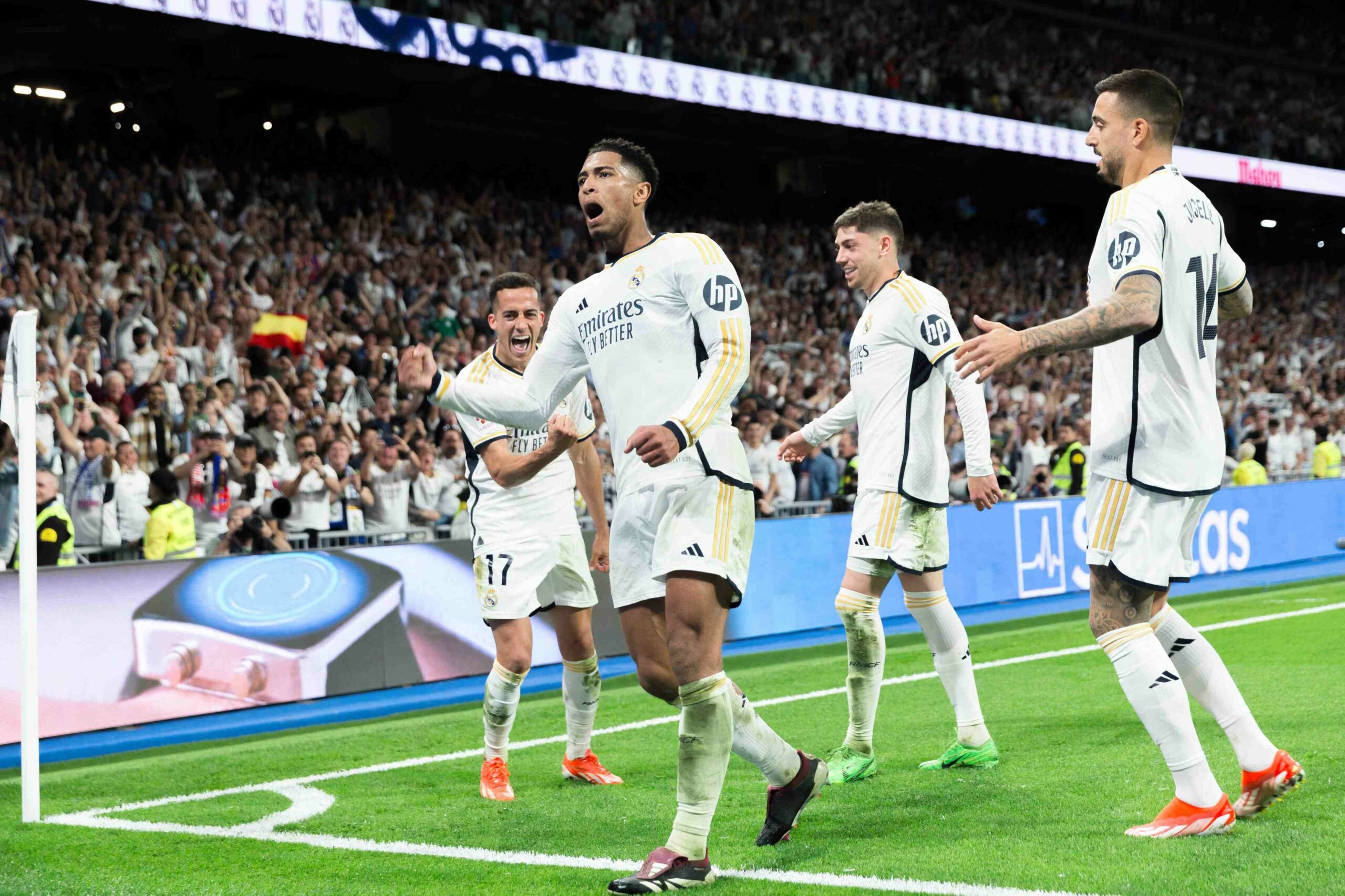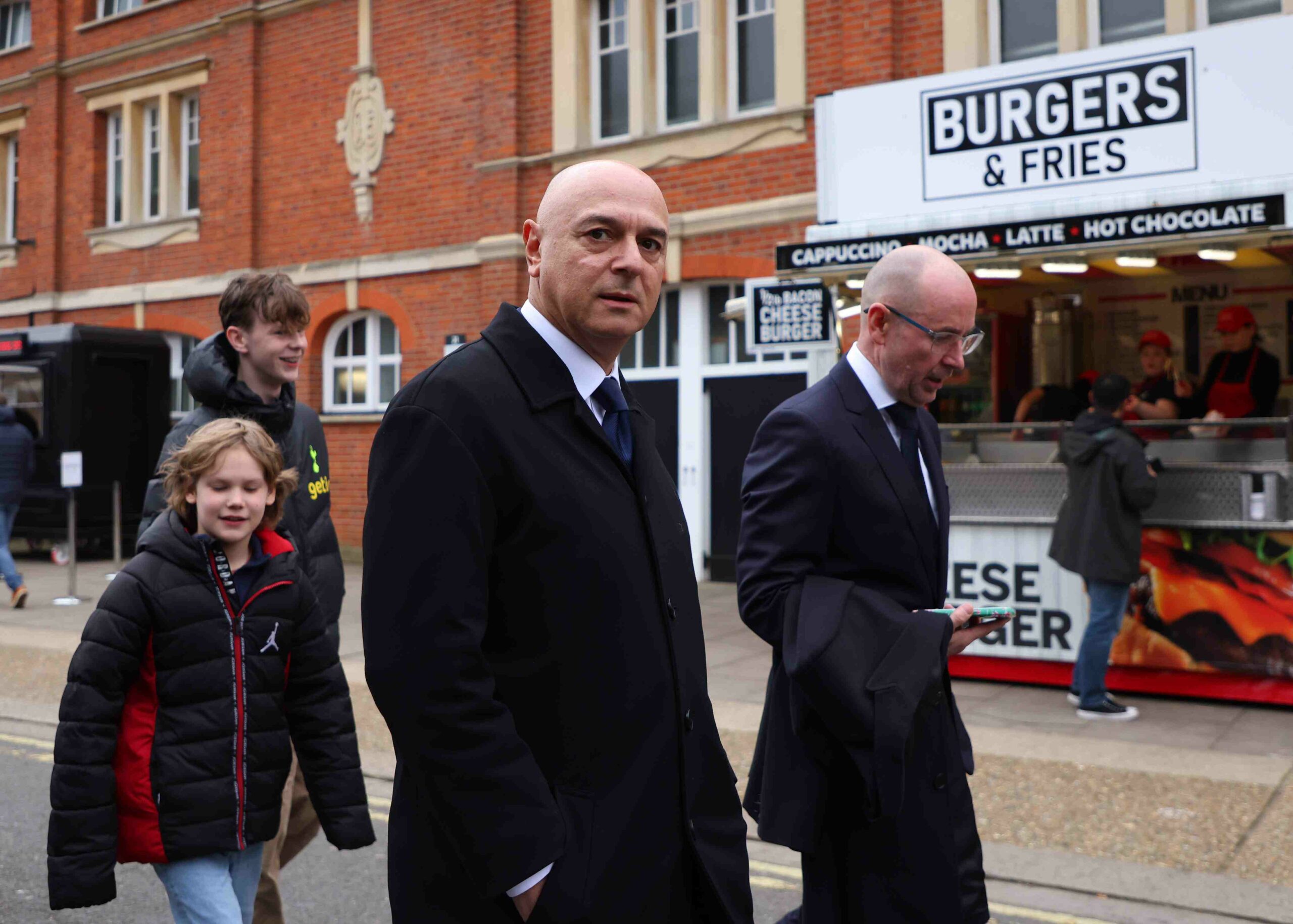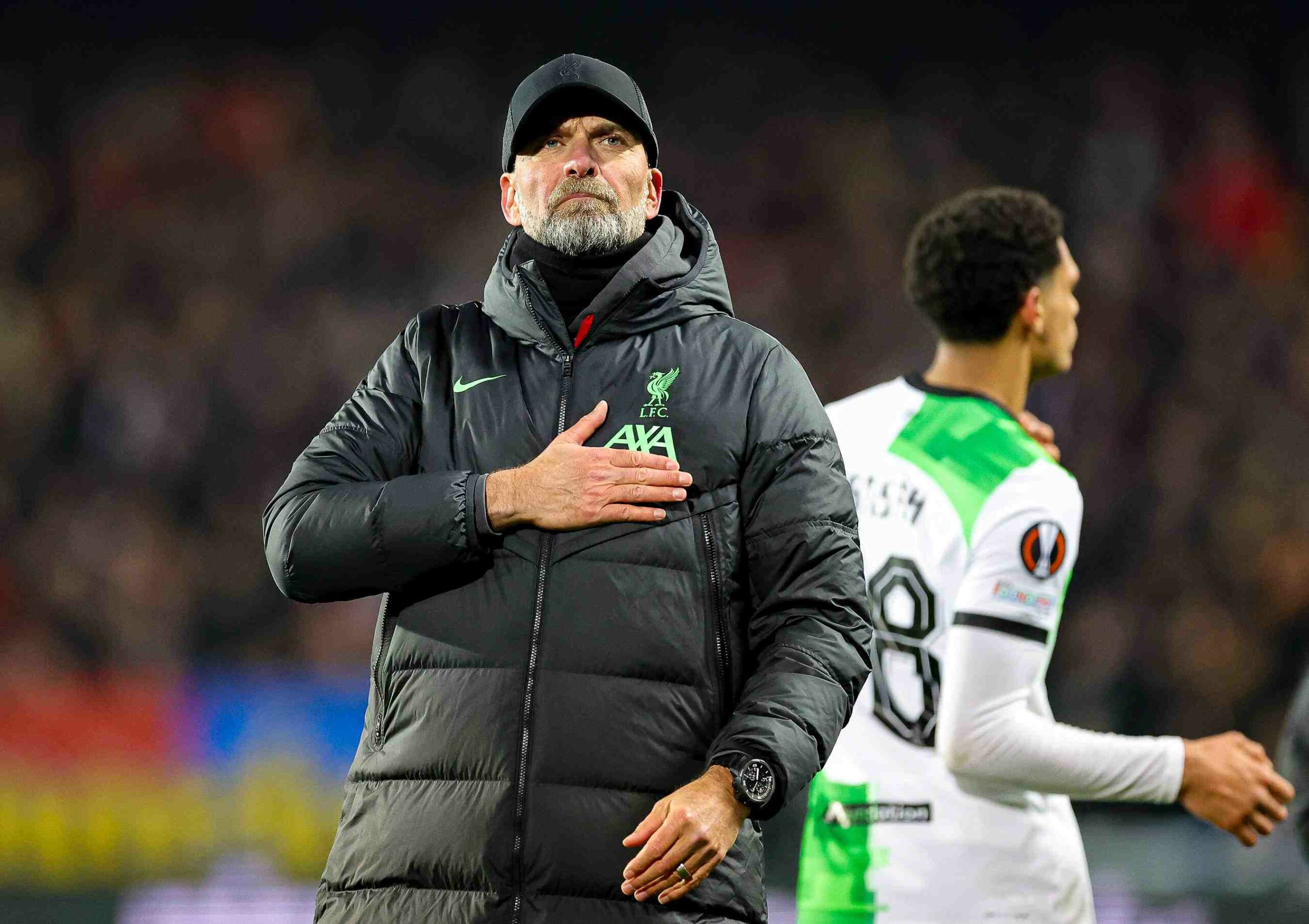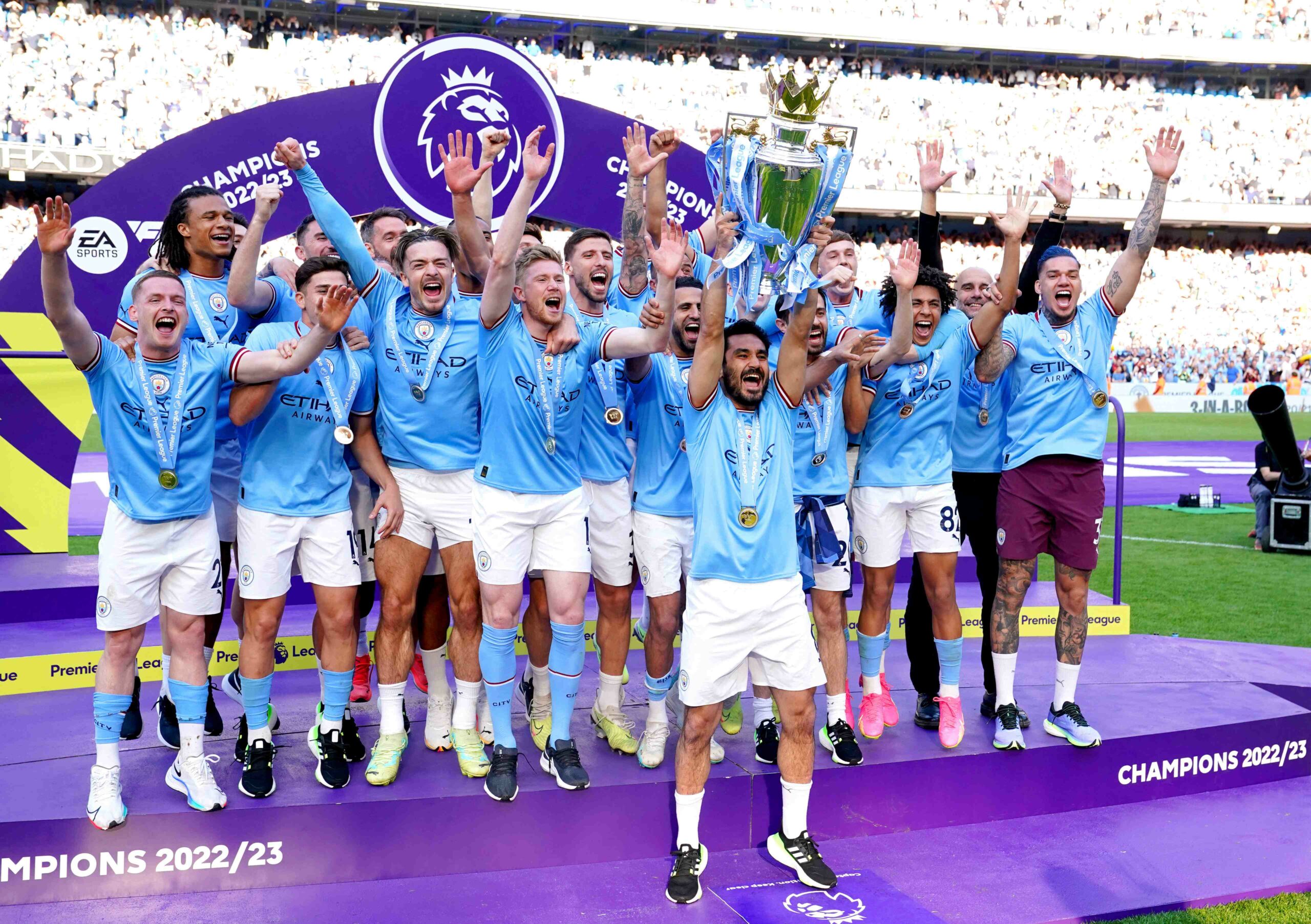The dominance of Bayern Munich is killing most of the world’s interest in the top German league, and after a decade of consecutive championships, the team, which is one of the best in Europe, is starting to feel that it is challenging to retain the players.
At the end of the past season, Stuttgart secured their stay in the Bundesliga thanks to a goal in the last seconds. The celebrations were accordingly. Breaking into the field, players were crying, and coaches were on the shoulders of fans. Oli Hans, former Bayern Munich chairman, criticised the celebrations. “Stuttgart think they won the World Cup,” he said contemptuously. “All they did was not to be relegated.” Stuttgart CEO Alexander Wohrle responded with his own attack. “When you see the emotions at Bayern’s celebrations, you can think that they finished in 10th place and did not win the tenth championship in a row,” he noted. Indeed, so it seems. Nevertheless, the subdued championship celebrations taught something about the very high level of excitement of the senior German team.
Stuttgart won the championship in 2006 with players such as Mario Gomez, Sami Hadira, Marcus Babel and Timo Hildebrand. Since then, it has been relegated to the Bundesliga 2 twice, returned to the top league twice, and had to be rebuilt several times. And throughout all this time, one thing was constant: Bayern Munich won the German championship. And if, until the middle of the last decade, Bayern Munich had real competition for the championship title from the direction of Jurgen Klopp’s Dortmund, then today, the only question that is asked before the opening whistle of the first game of the Bundesliga every season is: What will be the difference of Bayern from the second place this season?
The Bundesliga is an exemplary league. The stands are full, most of the teams are profitable and owned by club members or local factories, the academies produce players, and the clubs find young and exciting players around the world and usually sell them for a handsome profit. But the dominance of Bayern Munich simply eliminates the interest of most of the world in the top German league (which marketing managers in the league administration admit). After a decade of consecutive championships, Bayern Munich – one of the best teams in Europe – is starting to feel that it is very difficult to keep its own players.
What does a bored star do?
And not only does it have difficulty maintaining the interest of its players in Germany, when success in the top league is almost guaranteed, but the pressure to achieve success in the Champions League becomes almost unbearable. Moreover, it leads to mental breakdowns in crucial games, as seen in Paris Saint-Germain, which also turned the local league into a private playground.
In the absence of a significant and consistent professional challenge from the outside, they mainly deal with internal problems. When you don’t have to work too hard to win a championship, other places are wildly beckoning. And in such a situation, one mistake in the player market can be critical and disintegrate the team from within.
For example, in 2019, Bayern Munich made a mistake and bought Lucas Hernandez, a French national team player and Atletico Madrid player, at an unreasonable price for a player of his level – 80 million euros. Ignore for a moment the exorbitant amount she paid for him was not worth it. Still, according to people in German football, it was Hernandez’s salary that shook the stable ground in the Bayern Munich dressing room.
His arrival simply collapsed the “salary structure” at Bayern Munich. Hernandez was promised a salary of between 17 and 24 million euros, and since then, all Bayern Munich players have asked their agents to aim for a salary of at least 20 million euros. David Alaba and Niklas Zola left Bayern as coachmen (for free) because they did not receive an offer for a salary close to that of Hernandez.
Hasan Selijamicic, the sporting director, has had to deal with demands for significant contract renewals for Joshua Kimmich, Leon Goretzka, Kingsley Coman, Thomas Muller, Serge Gnabry and also Robert Lewandowski.
“Bayern fell into the trap of Hernandez,” a source inside the club told Spox, who also told about a conflict between Selimacic and coach Julian Nagelsmann. This conflict started because of the staff’s quality in the young coach’s eyes. “Brazo (Selimacic’s affectionate name) tried to blame his failures on Naglesman, and the coach doesn’t accept it,” it was reported.
The story of Robert Lewandowski, who demanded a much higher salary than Hernandez and did not get what he wanted, threatens Bayern on a strategic level.
Bayern Munich does not have a more prominent international star than Lewandowski, and what happened with him in the last few weeks shines Bayern Munich in a very unflattering light regarding the treatment stars receive in the organisation. “I want to leave Bayern. Something is dead inside me, and I want more in my life,” Lewandowski was quoted as saying. “The way out is the best solution for both parties.” Oliver Kahn, the club’s CEO, criticised Lewandowski and how he spoke through the media and added: “Public statements like his will get him nowhere. He should know that at Bayern, evaluation is not a one-way street.”
Lewandowski said in another situation: “I think it’s better for Bayern to invest the money they can earn on me than to invest it in me until the end of my contract. I want the situation to end. I want the emotions to calm down. I want to speak calmly, not through the media. Bayern and I are not enemies”.
Bayern Munich and Lewandowski may not be enemies and will not be enemies. Still, if Lewandowski does not move to Barcelona this summer as he wants, a very tense season is expected with the biggest star the organisation has had in recent years. In 2023 he can leave Bayern for free.
Crumbled but favourites
Even with a crumbling formation and a decreased quality squad, Bayern is still the clear favourite to win the German championship. Even if Borussia Dortmund got significantly stronger, they still lost their big star Erling Holland.
Bayern Munich understands that what is happening in Germany is not suitable for their organisation, so they are leading the fight to abolish the 50+1 law, which prevents a wealthy individual or an international capital fund from taking over German teams (according to the law, 50% plus one share should be owned by the club members, Which means that most of the teams in Germany are owned by the club members, fans). “If the Bundesliga, and this does not concern Bayern Munich, does not think about cancelling the 50+1 rule, we will have many, many problems with international competition in the long term.”
The teams in the Bundesliga will still bring in more money than most teams in most of Europe, but the gaps from the Premier League are growing every year, and soon top German teams, such as Leipzig and Dortmund, will have to compete financially with mid-table teams in England such as Leicester, West Ham and Aston Villa. And right now, it seems, Bayern Munich isn’t just worried about European giants robbing it of talent – but also about mediocre English teams that can compete with it for talent. The irony of fate, for years, Bayern Munich resisted any restriction on it and prevented competition in the Bundesliga, and in the end, it hurts them.
Immune Effect
As in soccer, so in soccer, competition is critical to good performance. Good companies understand this. In 2013, researchers at Kreinfeld University published an article on the importance of competition for startups. The researchers examined tax data of more than 2 million companies founded between 1995 and 2005. They examined the “competitive atmosphere” of these companies in the first years of business and found that the companies that faced higher competition were more likely to fail in their first year. However, it was found that if the company survived the first year, it had a much greater chance of passing the three-year threshold as a company. According to the researchers, the “first exposure to competition” has an “immune effect”.
According to the researchers, a competitive atmosphere helps startups focus more on the customers’ desires. Startups that have to face competition at the beginning of their journey need to put more effort into lowering prices and controlling expenses. They cannot “disperse” and must have a much more efficient culture. According to the researchers, their survival depends on managers who understand the advantages of early competition and know how to use it for the organisation’s benefit.
Over a decade ago, Bayern Munich had to raise its academy players in a competitive atmosphere. Teams such as Schalke, Wolfsburg, Stuttgart, Werder Bremen and Dortmund provided a “competitive atmosphere”, and the Bavarians grew into a competitive team at the highest level in Europe. Since then, as mentioned, the economic gaps have opened immeasurably, the competition has been reduced to a minimum, and the championships continue to flow – but something inside is no longer ticking, and the danger of a decline into mediocrity is great.
